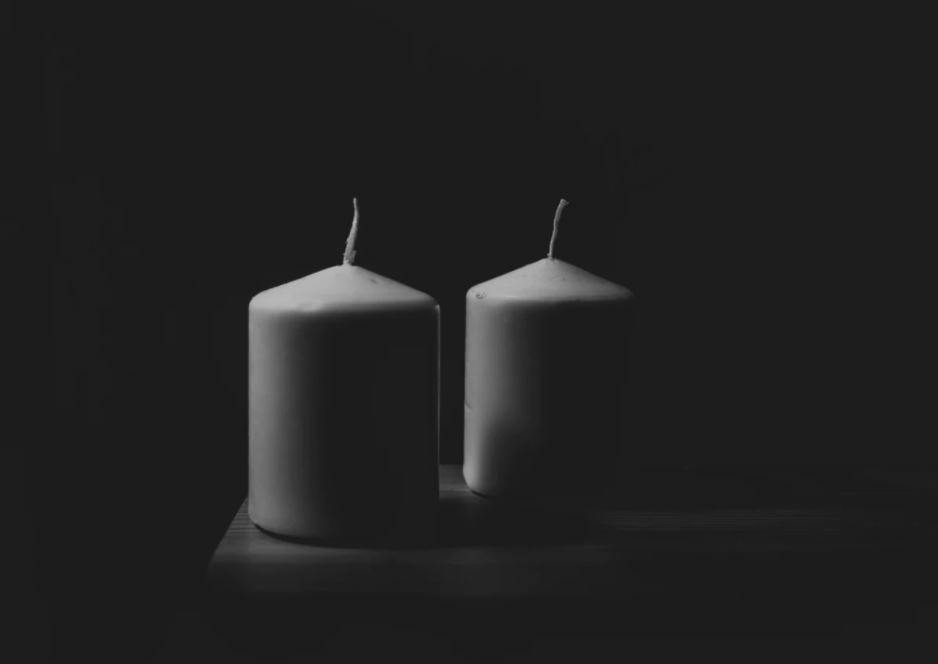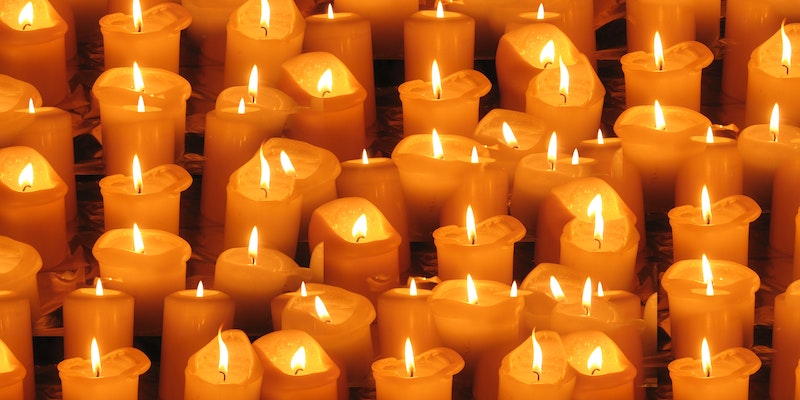- Contact Us Today
- (937) 278-4287
- lgfuneralhome@gmail.com
Things You Learn About Grief

Honoring a Coworker Who Has Died
February 15, 2021
Trusting Your Funeral Director
March 1, 2021Grief resources are offered by funeral homes in Dayton, Ohio to family members of loved ones who have died. The grief that the death of a loved one brings is different from the grief you experience is other losses, so the lessons you will learn are different as well.
One of the things that you will learn about grief is that it is not event. Grief is cumulative, and the grief you are experiencing with your loved one’s death is an addition to all other losses that you have grieved over in your lifetime.
You may find that after your loved one’s death, you will catalog every loss you have ever grieved about and it will make this grief seem even more intense, because the grief of the death of a loved one will seem like the culminating point that every other grief you have felt has been leading up to.
You will learn that grief triggers grief and that, at times, that effect will feel like a tsunami flooding your heart, your mind, and your soul. Being overwhelmed with grief is not unusual, but it eventually will subside into something more manageable, if not less painful when you think about it.
You will learn that grief over the death of a loved one doesn’t just magically disappear one day, never to be seen or felt again. You may have well meaning friends or family members that tell you otherwise. They may offer a lot of advice about what you can to get rid of your grief for your loved one’s death. They may even tell you that there will come a time when it won’t hurt you anymore.
You will learn otherwise. The grief you experience over the death of someone you love is permanent. It is a guest that often appears unannounced, but that becomes a permanent fixture in your life.
You will also learn that even though the grieve you feel over your loved one’s death does not go away, it does change as time passes. Grief over death begins with exhausting sorrow, tears, and a fervent desire to go back to the way things were before your loved one died.
As it settles in, however, you will reach a point where you realize that you still have your life in front of you to live, and that means putting your grief on a back burner where it does not impede your progress.
Another thing that you will learn about grieving a loved one’s death is that it can create new fears, which can then create a sense of shame about how you are handling grief.
Grief fears are not persistent. They often come in waves where you are afraid of having to live without your loved one or you are afraid that you will never be a whole person again without them. You may find that you fear what lies in the future. You may even fear that grief will make you go crazy.
You will learn that these fears about grief will cause you to feel shame because you are not stronger emotionally or because these fears are extending your grieving process. This shame can come from what other people say about your grieving process or from what you perceive when you compare your grief to other people’s grief.
 You will learn, in time, that your grief is unique to you. It is not like anyone else’s grief. No one else knows what you are thinking and feeling, so they cannot possibly pass judgment on your grieving process. Similarly, you cannot compare the way you are grieving to the way you think – which may not be true – other people are grieving.
You will learn, in time, that your grief is unique to you. It is not like anyone else’s grief. No one else knows what you are thinking and feeling, so they cannot possibly pass judgment on your grieving process. Similarly, you cannot compare the way you are grieving to the way you think – which may not be true – other people are grieving.
Although fears because of grief are normal, you should never let shame have any room in your grief over the death of your loved one. You will learn that too.
For more information about grief resources available from funeral homes in Dayton, Ohio, our caring and knowledgeable staff at Glickler Funeral Home & Cremation Service is here to assist you.




